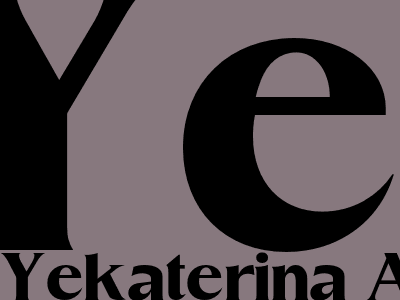
Russian Media Landscape Shifted by War, Sanctions
Independent Outlets Face Crackdown, State-Controlled Media Dominates
The Russian media landscape has undergone a drastic transformation since the invasion of Ukraine and the subsequent imposition of Western sanctions. Independent media outlets have been forced to close or relocate, while state-controlled media has tightened its grip on the narrative.
One of the most notable casualties of the crackdown has been the independent television channel Dozhd TV. Founded in 2010, Dozhd was known for its critical coverage of the Russian government and its support for the opposition.
However, in March 2022, the channel was forced to suspend operations after being labeled a "foreign agent" by the Russian government. This designation made it impossible for Dozhd to operate in Russia and its journalists were forced to flee the country.
Exiled Outlets Continue to Operate, But Face Challenges
Despite the crackdown, some independent media outlets have managed to continue operating from exile. Meduza, an online news site founded in 2014, has relocated to Latvia and continues to publish critical coverage of the Russian government.
However, exiled outlets face significant challenges. They have lost their access to Russian audiences and their funding has been severely reduced. Additionally, they face the constant threat of cyberattacks and harassment from the Russian government.
State-Controlled Media Dominates
With the independent media outlets either silenced or exiled, state-controlled media has become the dominant force in the Russian media landscape. These outlets, such as Channel One Russia and Rossiya 1, uncritically promote the government's line on the war in Ukraine and other issues.
The state-controlled media has also been used to spread disinformation and propaganda about the war. For example, Channel One Russia has aired segments claiming that Ukrainian forces are responsible for atrocities against civilians, even though there is no evidence to support these claims.
Impact on Russian Society
The shift towards state-controlled media has had a significant impact on Russian society. With access to independent journalism severely limited, many Russians are now reliant on state-controlled outlets for information.
This has led to a decline in public trust in the media and a rise in support for the government's narrative on the war. According to a recent poll by the Levada Center, a Russian independent polling organization, only 19% of Russians trust independent media outlets, while 58% trust state-controlled media.
Conclusion
The Russian media landscape has undergone a dramatic transformation since the invasion of Ukraine and the subsequent imposition of Western sanctions. Independent media outlets have been forced to close or relocate, while state-controlled media has tightened its grip on the narrative.
This shift towards state-controlled media has had a significant impact on Russian society, leading to a decline in public trust in the media and a rise in support for the government's narrative on the war.